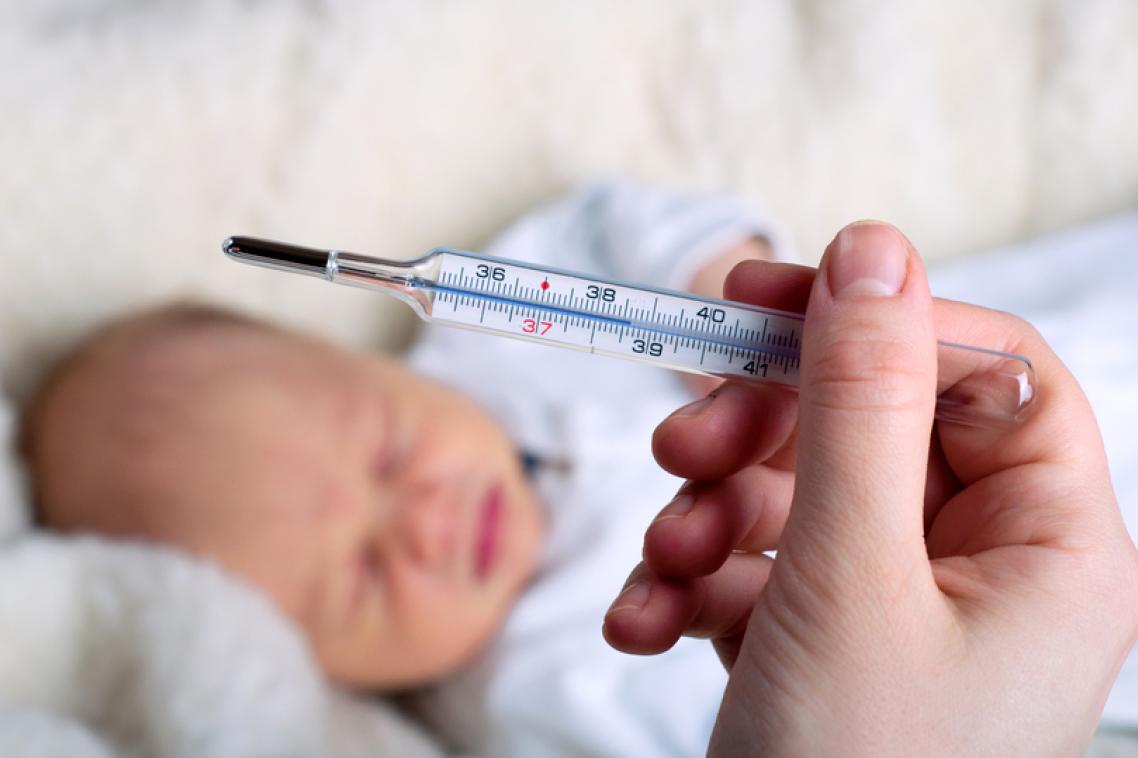The nose knows – even newborns get viruses

Almost one in five babies has a respiratory virus in their first month of life, research shows, but many do not exhibit signs of illness.
The University of Queensland study worked with 157 healthy full-term infants born in Brisbane, and their families, from September 2010 to October 2012.
PhD candidate Minda Sarna from the UQ Child Health Research Centre undertook the research.
“Respiratory viruses are common in healthy babies and often go unrecognised,” she said.
“The few studies describing respiratory viruses in newborns are predominantly from neonatal units or newborns presenting to hospitals, yet there has been little research in healthy infants in their first four weeks,” Ms Sarna said.
“High-risk birth cohort studies have found a close relationship between respiratory viruses in infancy and asthma development.”
A recent Danish study showed that even without symptoms, early exposure to viruses may influence future respiratory health.
“Parents agreed to collect nasal swabs from their babies soon after birth, and then weekly,” Ms Sarna said.
“We detected a virus in one baby who was just two days old.”
Forty-three virus-positive swabs were collected from 29 babies enrolled during the neonatal period (28 days post birth).
The common cold virus (human rhinovirus) was the most frequently detected, accounting for 72 per cent of all positive swabs.
“Being the first-born child was associated with a reduced incidence of infection, presumably due to less exposure to other children,” Ms Sarna said.
Parents also completed a daily symptom diary and provided their own nasal specimens.
“Of those babies who returned positive swabs, almost half did not develop any signs of illness,” Ms Sarna said.
“This is possibly due to some protection afforded by maternal and breast milk antibodies.
“When symptoms were reported they included nasal discharge and congestion, dry coughs, wheezing, fever and one instance of an ear infection.
“In six cases parents sought medical advice but most reports were of minor symptoms and no child was hospitalised.”
The earliest detections in babies who went on to develop symptoms were also in the first week of life – on days six and seven.
The study was supported by the National Health and Medical Research Council and the Children’s Hospital Foundation Queensland.
The research is published in The Pediatric Infectious Disease Journal.
Media contact: Minda Sarna, m.sarna@uq.edu.au , +61 7 3069 7212; Kim Lyell, k.lyell@uq.edu.au, +61 7 33465214, 0427 530647.
Topics
Related articles

Australia needs doctors – so why are hundreds of qualified international physicians unable to work?

Greater attention needed on community service workforce
Media contact
UQ Communications
communications@uq.edu.au
+61 429 056 139
